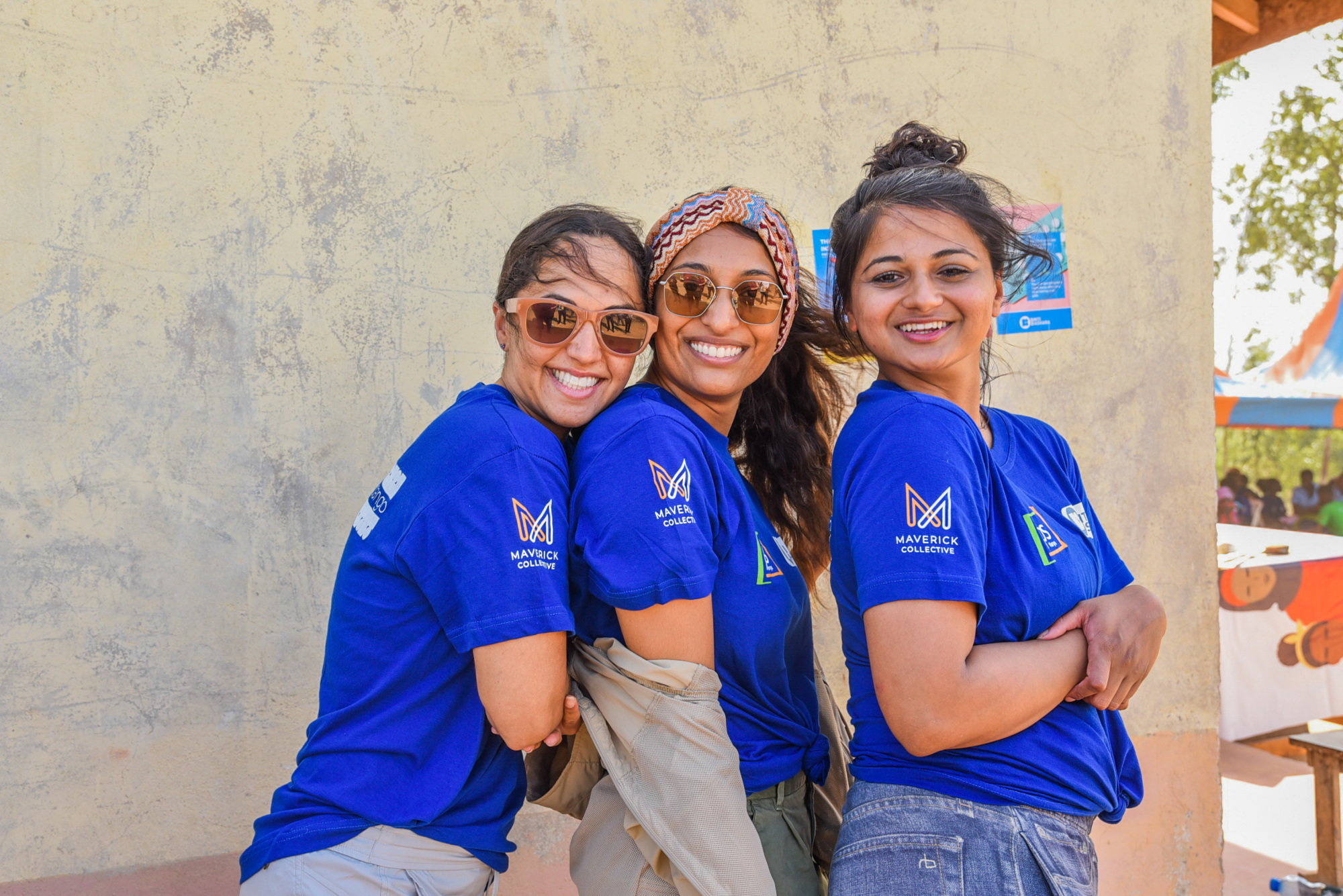Between Life and Death: Being Pregnant in Rural Africa

THE HUFFINGTON POST
The woman sitting across from me on her living room floor proudly shows me a photo of herself taken last year. She was standing in front of the vegetable stand she used to operate before her high-risk pregnancy forced her to close it down. Faty (Fuh-TEE) looked cheerful and confident in the photo. Now, eight months pregnant and dressed in a bright green traditional gown, there are flashes of the same smile, but she is somber.
Another visitor asks to take a picture of the photo. Yes, Faty says, please do, then perhaps you will remember me if I am not here the next time you come to this house.
She spills out the contents of her handbag on the floor between us, and together we sort through her doctor receipts, prescriptions and even a sonogram of her apparently healthy daughter. A high risk pregnancy is frightening, but Faty does have access to prenatal care, a vital advantage often not available in more rural areas. The hospital is distant from her impoverished neighborhood on the outskirts of Dakar and she struggles to pay the taxi fare, but she knows the visits are very important. Delivering her child with a provider who knows her risks prior to labor vastly improves her chances of a good outcome.

